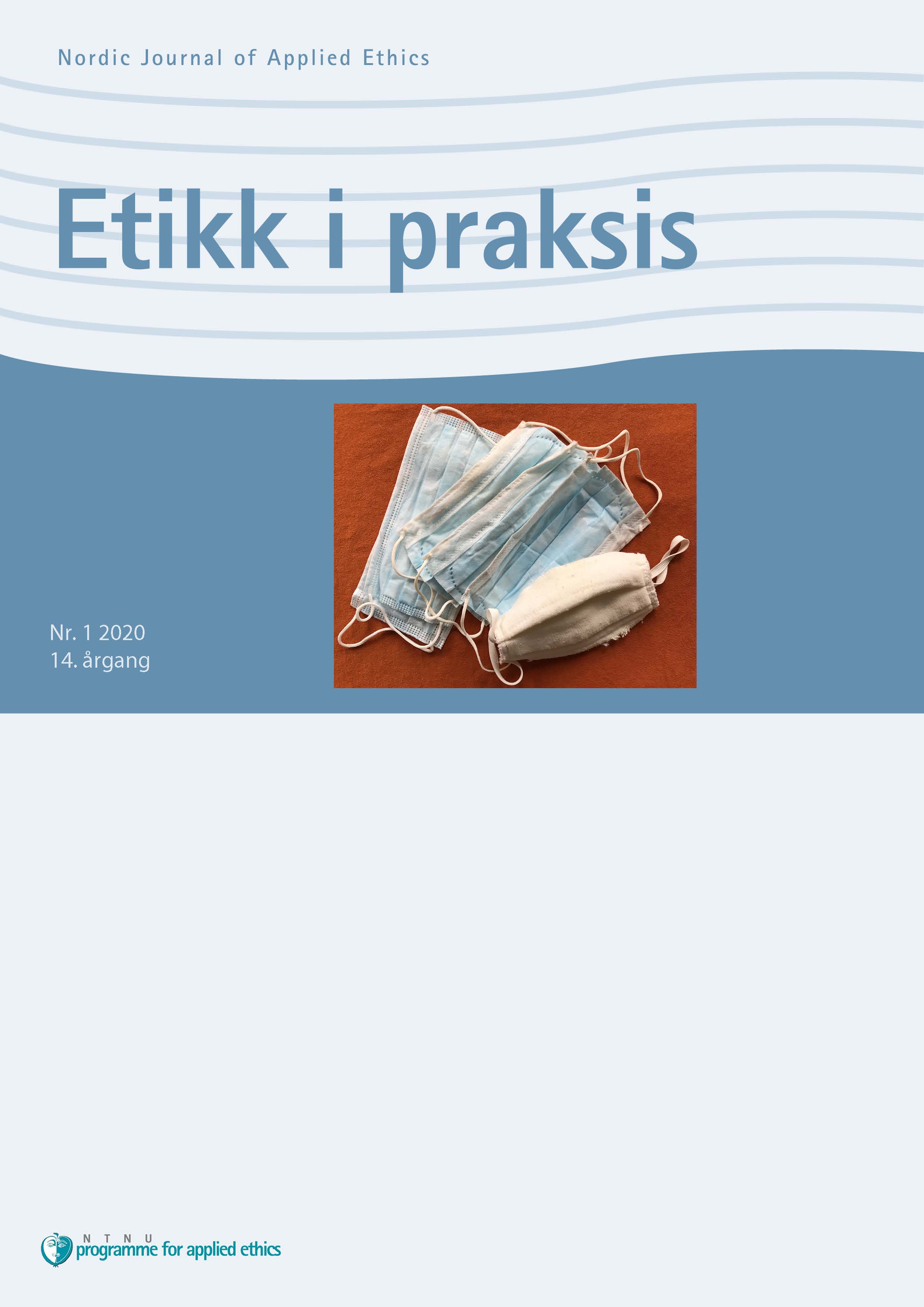Using Insights in Sen’s Capability Approach to Overcome Empirical Development Ethics Research Designing and Execution Challenges
DOI:
https://doi.org/10.5324/eip.v14i1.3311Abstract
In this paper, we support the adoption of an empirical approach in development ethics research and show that the theoretical insights and methodological guidelines in Sen’s capability approach (CA) can offer helpful guidance to development ethicists on designing and execution of such research. To this end, we show how specific insights in the CA guide one to identify and engage with relevant stakeholders in extensive dialogues about the ethical issues underlying their development practices and in gathering empirical data for further ethical reflections. Drawing on an empirical development ethics research project we conducted in the fisheries sector of Ukerewe District in Tanzania, we illustrate how the CA supported us in identifying 310 representatives of various categories of small-scale fishers and stakeholders, and in designing and executing empirical development ethics research in the form of progressive stages of dialogues in stakeholder groups. The participants in these stakeholder groups reflected on and assessed their individual and collective values, capacities, roles and interests in the fisheries sector. In turn, we gathered empirical data on (i) the nature and causes of the poverty of small-scale fishers and ways to overcome it, (ii) the moral roots of the prevalence of institutional and professional apathy, and (iii) stakeholders’ motivations and concrete actions to support the redressing of the challenges facing small-scale fishers. Later, we used these empirical data to theorise about moving small-scale fishers from poverty to prosperity, and about the development ethic best suited to guide future initiatives in combatting poverty and generating wealth through the fisheries sector in Ukerewe District.
Keywords: Empirical Ethics, Development Ethics, Capability Approach, Small-scale Fisheries, Poverty, Ukerewe District, Tanzania
Downloads
Published
How to Cite
Issue
Section
License
Copyright (c) 2020 Almas Mazigo

This work is licensed under a Creative Commons Attribution 4.0 International License.


